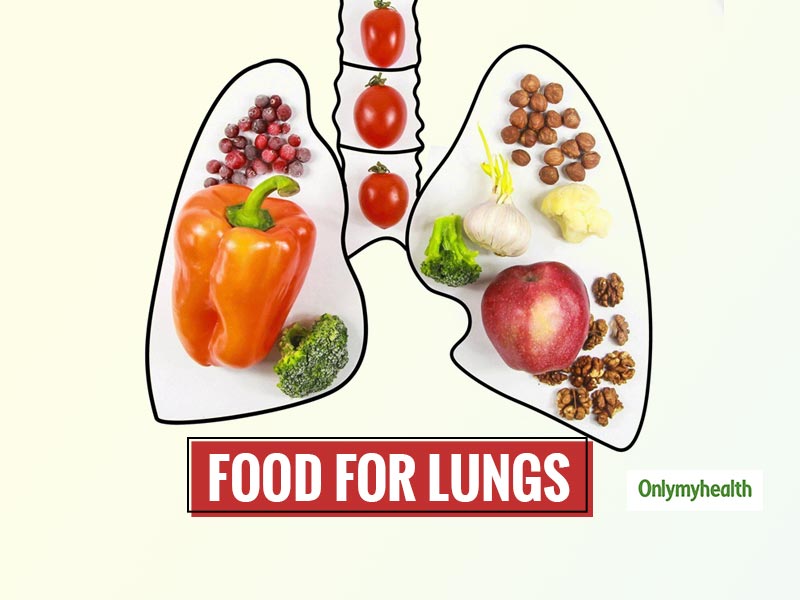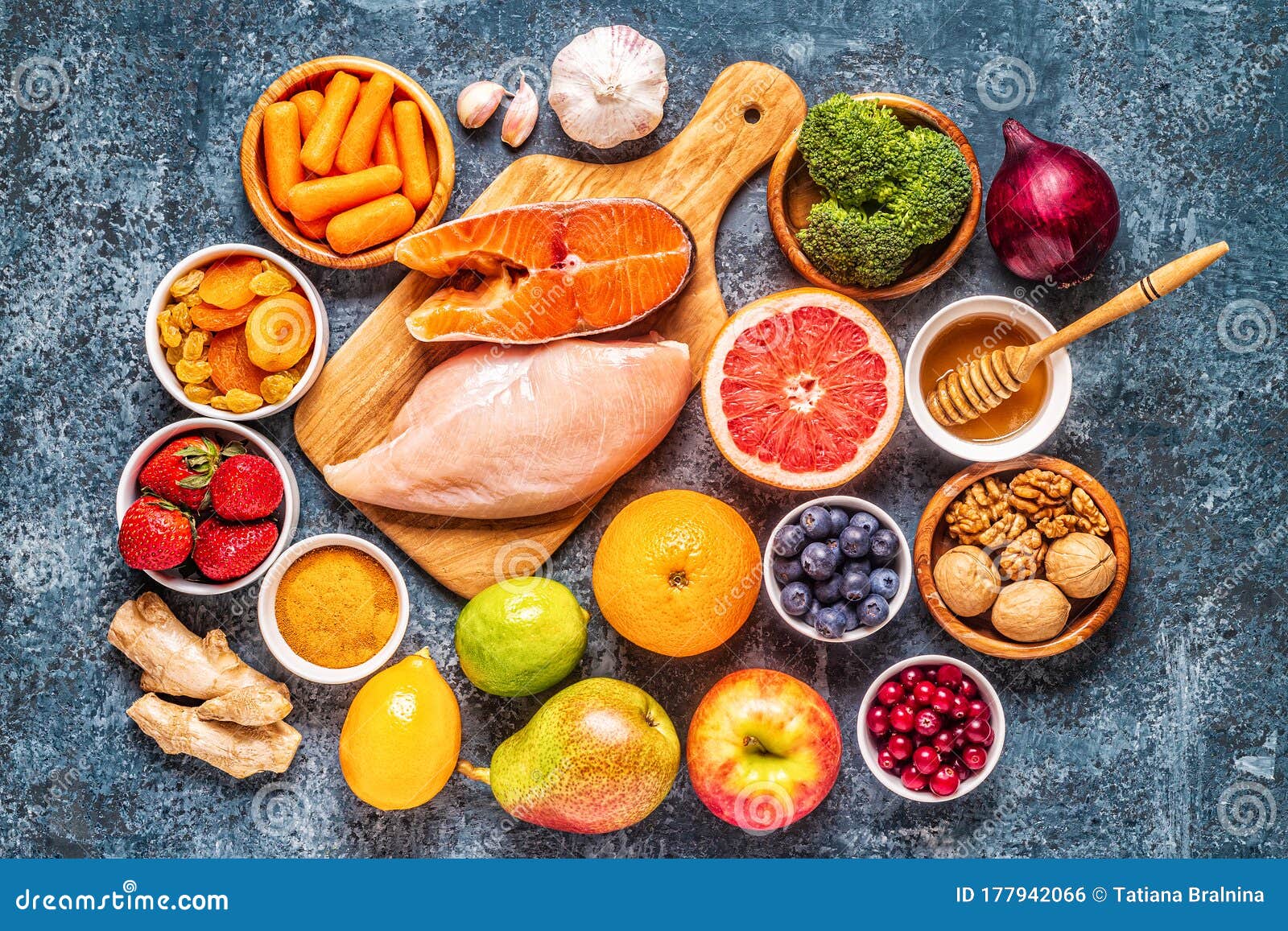What Food Is Good For Your Heart And Lungs

What Food Is Good For Your Heart And Lungs?
It is well known that eating a healthy diet is essential for keeping your heart and lungs in good condition. Eating the right foods can help you to maintain a healthy weight and improve your overall physical and mental well-being. But what foods should you be eating to achieve this? Here we look at the best foods for your heart and lungs.
Fruits and Vegetables
Fruits and vegetables are some of the most important foods for keeping your heart and lungs healthy. Eating plenty of these can help reduce your risk of cardiovascular disease and some types of cancer. Fruits and vegetables contain essential vitamins, minerals, and antioxidants that can help protect your heart and lungs from damage. They are also high in fiber, which can help to lower cholesterol levels and reduce the risk of heart disease. Try to include a variety of colors in your diet – dark green and yellow vegetables are especially beneficial.
Whole Grains
Whole grains have been linked to a reduced risk of heart disease and stroke. They are packed full of essential vitamins, minerals and fiber. Whole grains are also a good source of antioxidants, which can help protect your heart and lungs from damage. Whole grains include oats, barley, brown rice, quinoa, and buckwheat. Try to limit your intake of refined grains, such as white bread, white rice, and pasta, as they are often high in added sugar and low in nutrients.
Legumes
Legumes, such as beans, peas, and lentils, are an excellent source of protein and fiber. They are also very low in fat and contain essential vitamins and minerals. Eating legumes can help lower cholesterol levels and reduce the risk of heart disease. They are also good sources of antioxidants, which can help protect your heart and lungs from damage. Try to include a variety of legumes in your diet, such as kidney beans, black beans, chickpeas, and lentils.
Fish
Fish is an excellent source of essential fatty acids, such as omega-3s. These fatty acids can help reduce inflammation and lower cholesterol levels, which can help reduce your risk of heart disease. Fish is also a good source of protein and essential vitamins and minerals. Try to include a variety of fish in your diet, such as salmon, tuna, mackerel, and sardines. Avoid eating too much processed and fried fish as they are often high in unhealthy fats.
Nuts and Seeds
Nuts and seeds are a great source of healthy fats, protein, and fiber. They are also rich in essential vitamins and minerals. Eating a handful of nuts or seeds each day can help lower cholesterol levels and reduce the risk of heart disease. Nuts and seeds are also a good source of antioxidants, which can help protect your heart and lungs from damage. Try to include a variety of nuts and seeds in your diet, such as almonds, walnuts, flaxseeds, and chia seeds.
Herbs and Spices
Herbs and spices are an excellent way to add flavor to your food without adding extra calories or fat. They are also rich in antioxidants, which can help protect your heart and lungs from damage. Herbs and spices can also help reduce inflammation and lower cholesterol levels, which can help reduce your risk of heart disease. Try to include a variety of herbs and spices in your diet, such as turmeric, cumin, ginger, and garlic.
14 Foods for Healthy Lungs and Improved Breathing [INFOGRAPHIC

Food Good For The Heart And Lungs

Diet To Keep Lungs Healthy - best healthy diet dinner

Top 11 Foods That Will Help You Cleanse Your Lungs | Health, Healthy

20 Foods to Help Your Lungs Breathe Better | Crazy Masala Food

Our lungs are perhaps one of the most important organs of our body

10 Eat These Foods For Healthy Lungs And Better Breathing – Home Health

Foods for Healthy Lungs

Foods for Keeping Lungs Healthy Stock Photo - Image of breast, lung

Top 7 Foods for Healthy Lungs - Lungs Cleaning Foods - Best Foods for
